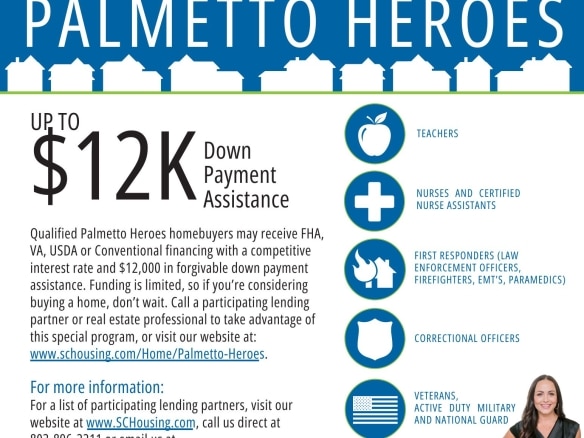Buying a home is often one of the most significant financial investments individuals make in their lifetime. However, beyond the purchase price, there are additional expenses involved in the homebuying process. One crucial aspect that prospective buyers need to be aware of is closing costs. These costs can significantly impact the total amount needed to finalize the purchase of a property. Let’s delve into what closing costs entail and why they matter.
What Are Closing Costs?
Closing costs are the fees and expenses associated with finalizing a real estate transaction. These costs are typically paid at the “closing” or “settlement” of the deal, which is the point when the property officially changes ownership. Both buyers and sellers incur various expenses during this process.
Components of Closing Costs
- Loan Origination Fees: Charged by lenders for processing the loan application, these fees cover administrative costs and are typically a percentage of the total loan amount.
- Appraisal Fees: Lenders require a professional appraisal to assess the fair market value of the property, ensuring it’s worth the amount being financed.
- Title Search and Title Insurance: Before closing, a title search is conducted to verify that the property’s title is clear of any liens or legal issues. Title insurance protects the buyer and lender against any unforeseen defects in the title.
- Home Inspection Fees: While not always mandatory, many buyers opt for a home inspection to identify any potential issues with the property’s structure, systems, or major components.
- Escrow Fees: Escrow is a neutral third party responsible for holding funds and documents until the closing process is complete. Escrow fees cover their services.
- Recording Fees: These fees are charged by the local government for recording the transaction and updating public records to reflect the new ownership.
- Property Taxes and Homeowners Insurance: Buyers may need to prepay property taxes and homeowners insurance premiums for the first year at closing.
- Attorney Fees: In some cases, buyers or sellers may choose to hire a real estate attorney to oversee the closing process and ensure all legal requirements are met.
- HOA Fees: If the property is part of a homeowners association (HOA), buyers may need to pay prorated HOA fees at closing.
Why Closing Costs Matter
Understanding closing costs is crucial for buyers because they can significantly impact the total amount needed to purchase a home. Closing costs typically range from 2% to 5% of the home’s purchase price, though they can vary depending on factors such as location, lender, and the specific terms of the transaction.
For many buyers, covering these costs in addition to the down payment can be challenging. It’s essential to factor closing costs into your budget when planning to buy a home to avoid any last-minute financial surprises.
Negotiating Closing Costs
While some closing costs are non-negotiable, others may be open to negotiation. Buyers can sometimes negotiate with sellers to cover some or all of the closing costs as part of the purchase agreement. Additionally, shopping around for lenders and service providers can help buyers find more competitive rates and fees.
Conclusion
Closing costs are an unavoidable aspect of the homebuying process, but understanding what they entail and how they impact your finances is crucial for any prospective buyer. By knowing what to expect and exploring options for negotiation and cost-saving, buyers can navigate the closing process with greater confidence and financial preparedness.





